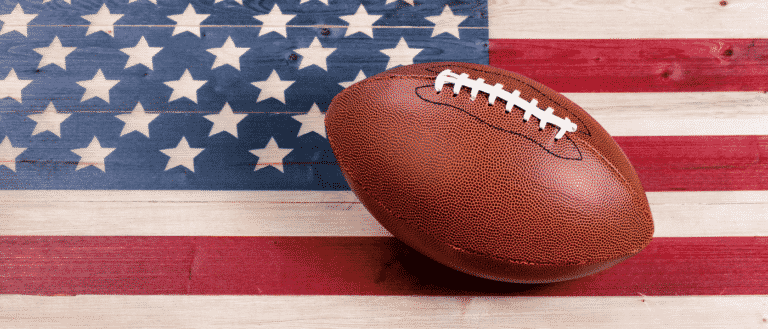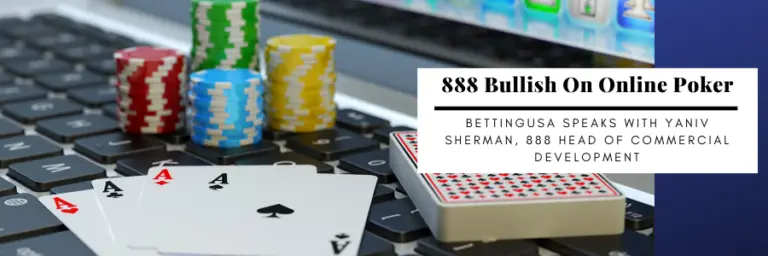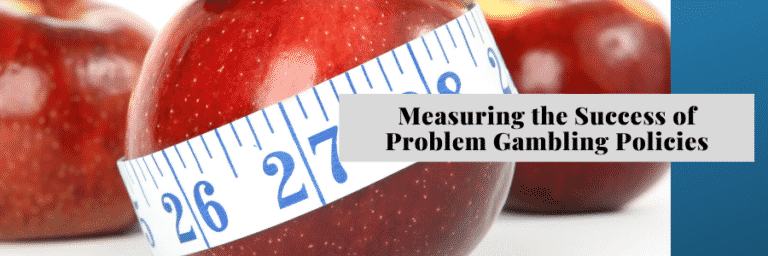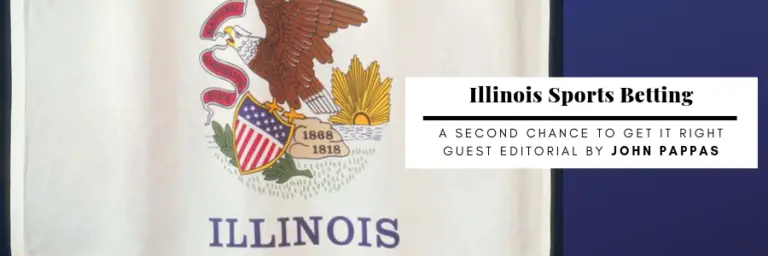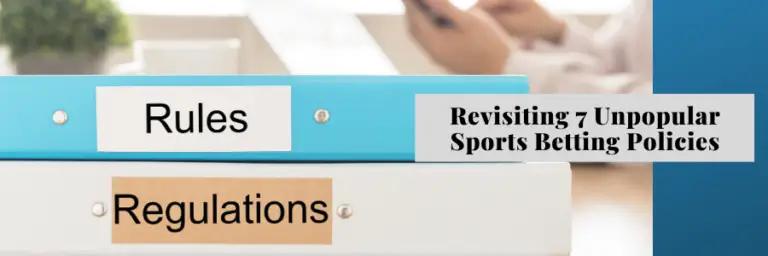Timeline of Major Sports Betting Scandals
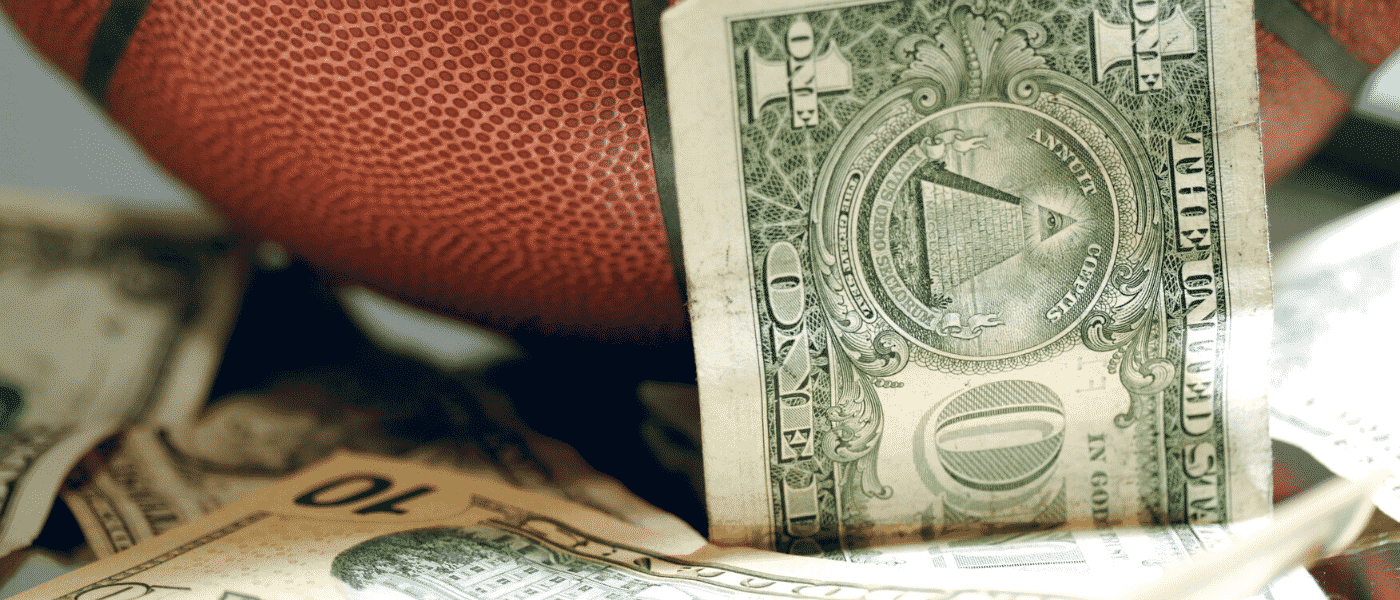
From the century-old Black Sox Scandal to Pete Rose and Tim Donaghy, the industry is littered with well-known sports gambling scandals.
Sometimes it’s high-profile athletes betting on sports, and other times it’s organized crime schemes targeting game integrity, but what they all have in common is they’ve fascinated the public.
With states across the country legalizing or considering legalizing sports betting interest in these scandals has been rekindled, and they’ve taken on a new significance. Instead of interesting, past betting scandals in sports are flashpoints, and these cautionary tales have trickled down to lawmakers wrestling with the idea of legalizing sports betting, and how that might impact the integrity of the games.
In this column, you’ll find a timeline of sports betting scandals from thrown games to point-shaving to big-name athletes getting caught up in sports betting rings.
For a deep dive into integrity monitoring, we recommend our recent interviews with U.S. Integrity CEO Matt Holt.
1877: Louisville Grays Scandal
One of the first major sports betting scandals occurred in the fledgling National League when several during the 1877 season. After an investigation, baseball suspended four Grays players for life: Jim Devlin, George Hall, Bill Cravern (who was tossed off a team in 1870 for throwing games), and Al Nichols.
1915: Manchester United vs. Liverpool
On April 2, 1915, Manchester United got a much-needed win over Liverpool as it tried to avoid relegation. But the integrity of the 2-0 result would soon be called into question.
Reports of large sums of money bet at 7/1 on a 2-0 United victory, coupled with some strange on-field play, resulted in an investigation that determined players from both teams were involved in fixing the game.
Seven players involved were banned from football, with all but one having their bans lifted following their service in World War I. The seventh player. Enoch West was reinstated in 1945, well after his playing days.
1919: Black Sox Scandal
The Black Sox Scandal is perhaps the in the history of sports. As the story goes, a gambling syndicate allegedly led by Arnold Rothstein paid eight members of the Chicago White Sox to throw the 1919 World Series. Following an investigation, the eight players received lifetime bans from baseball, including one of the game’s all-time greats, Shoeless Joe Jackson.
1950-1951: CCNY Point Shaving
The proved that sports betting scandals aren’t the sole domain of professional sports. The scandal is named for the 1950 NCAA and NIT champion City College of New York (CCNY) but involved several schools. In addition to CCNY, the schools were New York University, Long Island University, Manhattan College, Bradley University, the University of Kentucky, and the University of Toledo.
1961: NCAA Basketball Scandal
A decade after the CCNY scandal, NCAA basketball had its second major .
This time around, 37 players from 22 schools were involved, including some very well known programs like UCONN, UNC, and NC State. The scandal would also play a role in the sports betting as future NFL Commissioner Paul Tagliabue unwittingly played in fixed games, a factor that led to his hardline anti-gambling stance.
1963: Alex Karras and Paul Hornung
In 1963, two NFL stars, Paul Hornung and Alex Karras, got . The pair came clean about their sports betting habits and were suspended indefinitely. In March 1964, both players were reinstated.
Hornung is one of the greatest athletes in US history. The Heisman Trophy winner and NFL MVP played multiple positions (quarterback, halfback, and placekicker) on the football field, as well as playing on the Notre Dame basketball team. Hornung is enshrined in both the pro and college football Hall of Fame.
Karrass is also a pro and college football Hall of Famer and had a successful post-NFL career as an actor. Karras appeared in Mel Brook’s Blazing Saddles and had a successful sitcom run as a TV dad in the show Webster.
1978-1979: Boston College Basketball
Boston College players conspired with mobsters (including Henry Hill and Jimmy “The Gent” Burke of Goodfellas fame) to .
The scheme was only discovered after Hill’s arrest on drug charges in 1980. Hill used his knowledge of the point-shaving scheme to work out a deal with the authorities.
Because of the organized crime element, and the involvement of key mobsters later featured in the movie Goodfellas, the scandal is one of the best known in US sports.
1985: Tulane Basketball
College basketball dealt with its fourth major betting scandal in as many decades when three members of the Tulane men’s basketball team, including star John “Hot Rod” Williams, were arrested for conspiracy to commit sports bribery stemming from .
Williams would go on to have a solid NBA career, but the Tulane men’s basketball program wasn’t so fortunate. In the aftermath of the scandal, the basketball program was shuttered by the school for three years.
In the 1992 movie White Man Can’t Jump, Woody Harrelson’s character mentions that he played college basketball in Louisiana. He notes that it didn’t work out when he didn’t follow-through on a point-shaving scheme, a possible reference to the failed attempt by the members of the 1985 Tulane team (located in New Orleans) to shave points in a game against Virginia Tech.
1989: Pete Rose and the Dowd Report
After a , baseball legend and Cincinnati Reds Manager Pete Rose was suspended for life from baseball for betting on baseball games, including 52 Cincinnati Reds games in 1987. Rose denied the allegations for years, before finally coming clean about his transgressions.
Rose has applied for reinstatement many times over the years, but thus far, those efforts have fallen on deaf ears, and despite being a member of MLB All-Century Team and its all-time hits leader, Rose is not a member of the Baseball Hall of Fame.
The 1990s: NCCAB Point Shaving Scandals
The mid-1990s saw two college basketball point-shaving scandals unfold.
In 1994, two members of the Arizona State basketball team during the 1993-1994 season.
A similar scandal was uncovered in 1995 when two Northwestern basketball players were in three games.
2004-2006: Toledo Basketball and Football Point Shaving
A major investigation at the University of Toledo uncovered . A Las Vegas odds-making firm uncovered the scandal after it noticed suspicious bets on the school’s games over two years.
The University of Toledo scandal was the first time two different programs at the same school were found to be rigging games.
2006: Operation Slapshot
Operation Slapshot is the codename for a widescale . The scandal makes our list for one reason, the big names linked to the investigation, including then Phoenix Coyote assistant coach Rick Tocchet, Janet Jones-Gretzky, and Jeremy Roenick.
Like the Karras-Hornung entry, Operation Slapshot didn’t involve match-fixing or game integrity. Instead, it was of interest for shedding light on the sports betting and gambling habits of famous athletes.
2007: Tim Donaghy
The rocked the sports world. Donaghy, a longtime NBA referee, was sentenced to 15-months in prison for not only betting on NBA game he officiated but for conspiring with organized crime figures to rig games by making calls to manipulate the spread and providing inside information.
Donaghy has been in sports betting since his release from prison. He’s even about his role in the scandal.
The 2010s: A Trio of NCAAB Scandals
College basketball makes another appearance on this list with three point-shaving scandals in the first half of the decade.
In 2011 it was the that fell prey to a point-shaving scheme. In 2012 a point-shaving scandal University. And in 2014, it was .
2017: UFC Fighter Earns 10-Month Prison Sentence for Taking Bribes
South Korean MMA fighter Tae Hyun Bang received a in 2017 for taking bribes worth more than $90,000 to lose a fight at UFC Fight Night 79. He was accused of agreeing to lose the first two rounds of the fight in exchange for the money, but reportedly changed his mind and won the fight after UFC officials warned the fighters about match-fixing after a significant, last-minute change in the betting odds.
An investigation found him guilty of accepting the bribe money, and he received a 10-month prison sentence in South Korea. The UFC released Tae Hyun Bang with a record of two wins and three losses.
2019: Tennis Goes Under the Microscope
When it comes to match-fixing, tennis is the new college basketball.
Recent allegations have ranged from to . Rumors had been circulating for years, but recent investigations have made it clear: Tennis appears to have a .
As is the , tennis suffers from huge pay disparities between its top talent and the players ranked much lower, or those competing in lesser tours and events. That opens the door for scandal.
2019-2022: NFL Players Busted Betting on League Games
Two NFL players have been caught betting on league games since the Supreme Court overturned the federal sports betting ban.
First was Cardinals cornerback Josh Shaw, who bet on NFL games in 2019 at a Las Vegas casino while on injured reserve. The casino reported Shaw to the NFL, who suspended him the rest of the 2019 season and the whole 2020 season. At least one of his wagers included a parlay bet involving the Cardinals, but the NFL determined he did not influence the games or use inside knowledge to gain an advantage. The NFL reinstated him in 2021, and he remains a free agent.
In early 2022, news broke that Falcons wide receiver Calvin Ridley had wagered on NFL games the previous November through an online sportsbook. Ridley was on the non-football injury list at the time, and an NFL investigation determined he or use inside information to place the bets.
Even so, the NFL suspended him indefinitely, costing him the entirety of the 2022 NFL season and $11.1 million in salary at a minimum.
2022: Suspicious Betting Activity Prompts Investigation into UFC Fight
A UFC fight between Darrick Minner and Shayilan Nuerdanbieke in November 2022 after sports betting integrity firm U.S. Integrity noticed suspicious betting activity in the hours preceding the bout.
The fight ended with a TKO in the first round after Minner threw a kick and appeared to injury his leg. He threw one more kick with the same leg, but folded to an onslaught from his opponent that resulted in a first-round TKO for Nuerdanbieke.
U.S. Integrity notified regulators, the UFC, and sportsbook operators of the suspicious betting activity. In addition, the UFC’s integrity partner, Don Best Sports, notified the organization of similar findings. The UFC responded by releasing Minner and his coach, James Krause, from the organization and prohibiting anyone trained by Krause from participating in UFC events pending the outcome of the investigation. The Nevada State Athletic Commission also suspended Krause’s corner license.
Whether by coincidence or otherwise, the latest MMA betting scandal occurred just weeks after the UFC reversed its longstanding policy that previously allowed fighters to bet on their own fights. A UFC statement at the time explained it made the policy change “in light of clear direction that we have received from regulators responsible for the regulated sports betting industry in the United States.”



